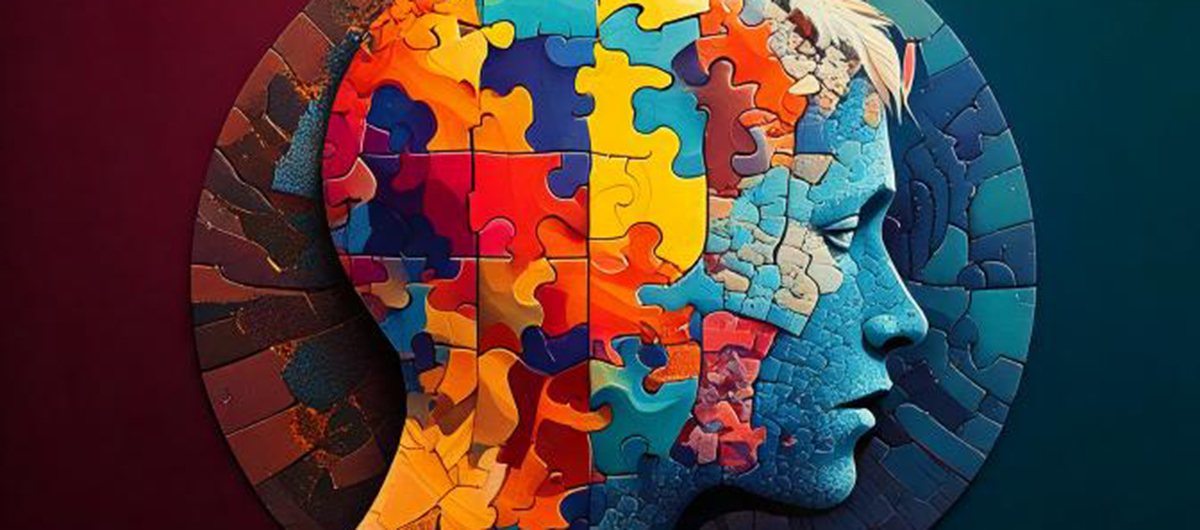Category: Bipolar
-

Use of digital technologies in bipolar disorder
Digital technologies show promise in early detection of symptoms and enhancing treatment for bipolar disorder.(Cardoso 2024). Bipolar disorder (BD) impacts over 40 million people around the world, often manifesting in early adulthood and substantially impacting the quality of life and functioning of individuals. Although early interventions are associated with a better prognosis, the early detection…
-

Bridging the gap in bipolar disorder research
A Dutch study compared 258 bipolar I disorder (BD-I) outpatients with participants from four clinical cohorts and a general population sample. While many characteristics aligned, outpatients were younger, more educated, and had higher comorbidity rates than some cohorts, highlighting potential selection biases in BD research generalisability.
-

Understanding quality of life in bipolar risk
A two-year study of 1,038 individuals at risk for bipolar disorder found significantly lower quality of life (QoL) compared to peers. Psychological QoL improved with risk reduction. Higher baseline functioning and self-management skills predicted better outcomes, highlighting the need for early interventions targeting coping strategies and risk monitoring
-

Bipolar disorder treatment trends
A 24-year study of 8,707 bipolar disorder inpatients in German-speaking countries found declining lithium use (45% to 30%) and rising second-generation antipsychotics (e.g., quetiapine). Antidepressants remained high (≥60%) despite guidelines, and lithium-treated patients received more medications. Findings highlight gaps between clinical practice and evidence-based recommendations.
-

Re-framing mental health diagnoses
Lee Hopkins explores how the neurodiversity paradigm challenges traditional medical models of mental health conditions. It advocates for a shift towards a more inclusive, humanised approach that recognises cognitive differences as natural variations rather than disorders requiring treatment
-

Autism, ADHD and Bipolar Disorder
Examine the potential overlap between symptoms of ADHD, autism, and bipolar disorder, including the suggestion that some cases traditionally diagnosed as bipolar disorder may be better understood through a neurodiverse lens. Lee also highlights the need for improved diagnostic tools and awareness
-

Exploring the role of lithium in treating mood disorders
A recent review explores the potential of red blood cell lithium measurements in managing mood disorders. While some evidence suggests benefits in predicting side effects and treatment response, results are mixed. The study highlights the complexity of lithium treatment and the need for personalised monitoring
